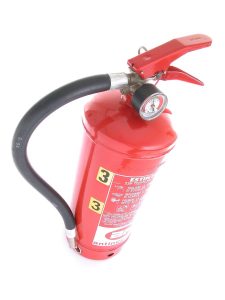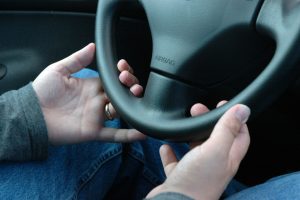Most car accidents are the result of negligence of one or more drivers. However, there are some instances in which crashes result from or are exacerbated by the negligence of a vehicle manufacturer, repair shop, dealer or motor vehicle transport company.
In these cases, plaintiffs will pursue a Boston products liability lawsuit against one or more companies involved in the manufacture, distribution or negligent repair of the vehicle – so long as they can establish a causal connection between the defect or faulty repair and the collision.
Chrysler Group, LLC v. Walden
 In Chrysler Group, LLC v. Walden, a case from the Supreme Court of Georgia, victim, a 4-year-old child, was a rear seat passenger in a 1999 Jeep traveling 50 miles-per-hour when a negligent motorist in a pickup truck rear-ended the Jeep, resulting in injuries to victim. Those injuries were serious, but not life-threatening. It wasn’t until the vehicle burst into flames that he suffered deadly burns and smoke inhalation. Although his parents, acting as his personal representatives, had ample cause of action to pursue a claim against the negligent motorist (and did so), they also asserted a right to compensation from the Jeep manufacturer for product liability, arguing a vehicle defect was to blame for the boy’s death. Continue reading
In Chrysler Group, LLC v. Walden, a case from the Supreme Court of Georgia, victim, a 4-year-old child, was a rear seat passenger in a 1999 Jeep traveling 50 miles-per-hour when a negligent motorist in a pickup truck rear-ended the Jeep, resulting in injuries to victim. Those injuries were serious, but not life-threatening. It wasn’t until the vehicle burst into flames that he suffered deadly burns and smoke inhalation. Although his parents, acting as his personal representatives, had ample cause of action to pursue a claim against the negligent motorist (and did so), they also asserted a right to compensation from the Jeep manufacturer for product liability, arguing a vehicle defect was to blame for the boy’s death. Continue reading
 Product Liability Lawyer Blog
Product Liability Lawyer Blog


